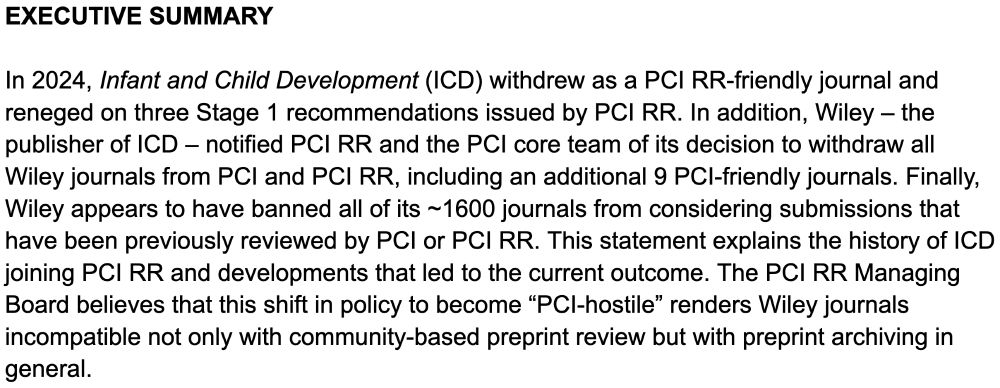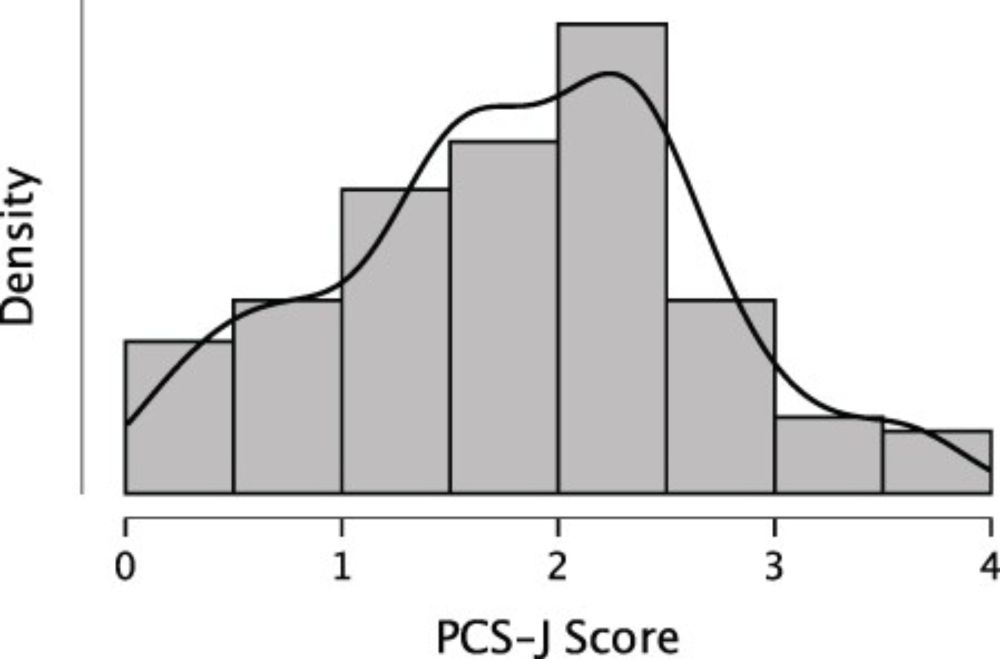Peter Lush
@peterlush.bsky.social
23 followers
20 following
4 posts
Researcher at University of Sussex working on phenomenological control and demand characteristics.
Posts
Media
Videos
Starter Packs
Reposted by Peter Lush
Olivier Corneille
@ocorneille.bsky.social
· Aug 26

Evaluative Conditioning has a Vexing Demand Problem
Attitude research has long been concerned with the potential influence of demand characteristics in evaluative conditioning effects. Here, we argue that this concern remains justified and cannot be r...
compass.onlinelibrary.wiley.com
Reposted by Peter Lush
Reposted by Peter Lush



